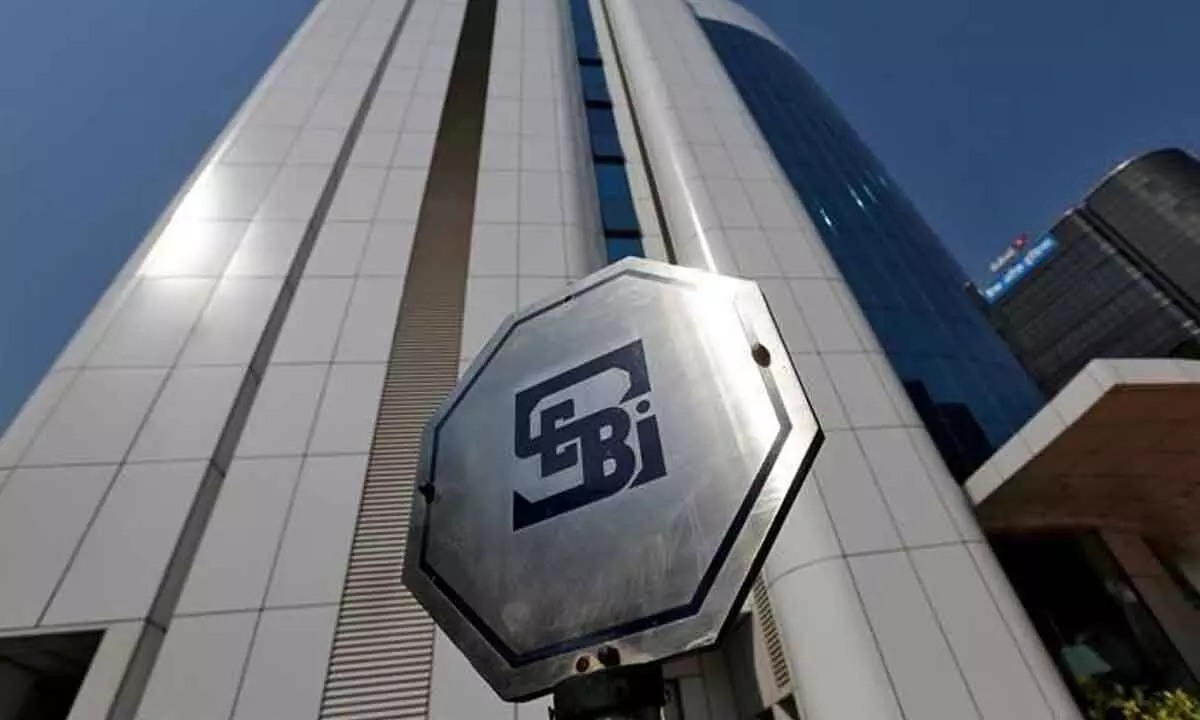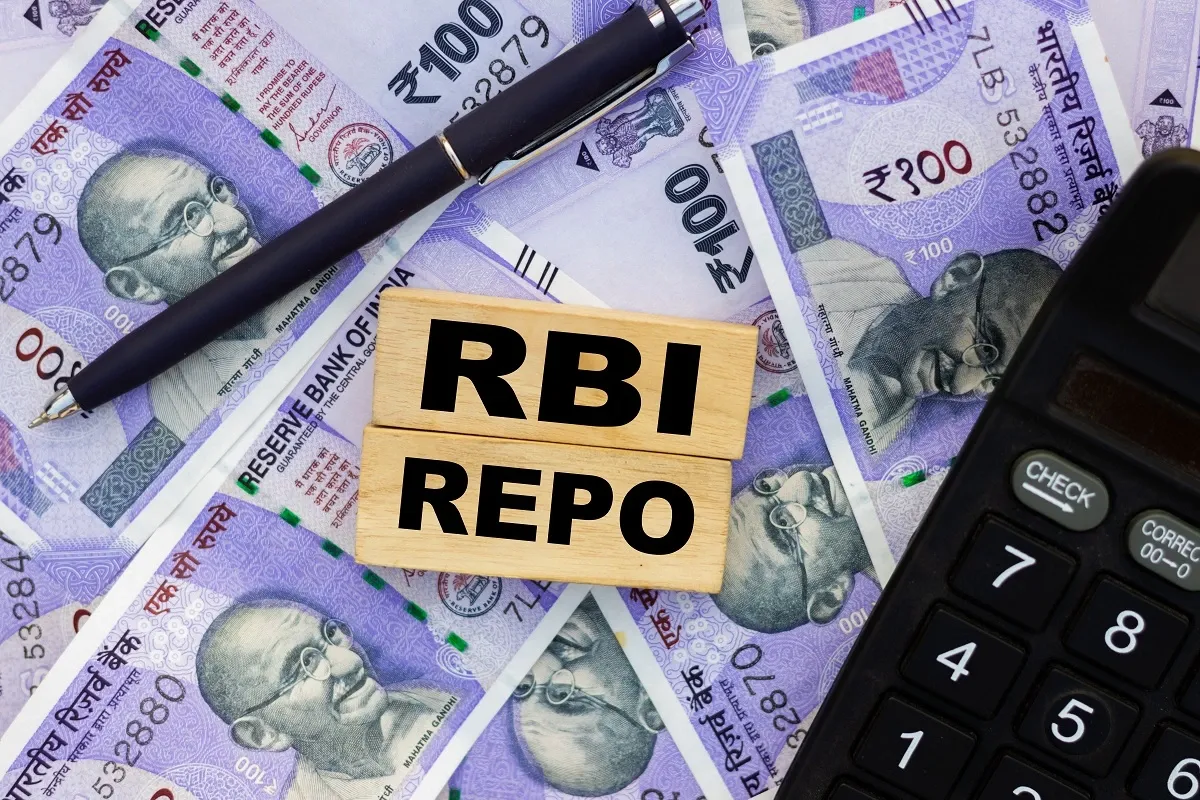Business News
SEBI proposes Demat-only issuance for corporate actions like stock splits, mergers, and more
.png)
3 min read | Updated on January 14, 2025, 17:54 IST
SUMMARY
SEBI has proposed mandating the issuance of securities in dematerialised form for corporate actions such as stock splits, consolidation of face value, and schemes of arrangement like mergers or demergers.

If an investor lacks a demat account, issuer companies will be required to manage securities via a "suspense escrow account."
Market regulator SEBI on Tuesday proposed mandating the issuance of securities in dematerialised form during corporate actions such as stock splits, consolidation of face value, and schemes of arrangement like mergers or demergers.
While dematerialisation has been encouraged in India since 2014, SEBI noted that certain corporate actions still allow the issuance of physical securities.
Under the proposed amendments, listed entities would be required to ensure all securities issued as part of stock splits, consolidations, or schemes of arrangement are in dematerialised form. For investors without a demat account, issuer companies would need to open a "suspense escrow account" to manage such securities.
"[I]t is proposed to amend SEBI (LODR) Regulations, 2015 to mandate issuance of securities only in demat form in case of sub-division / split / consolidation of face value of securities and scheme of arrangement to encourage demat holding of securities," SEBI said in a consultation paper.
"In case an investor does not have a demat account then the Issuer companies shall be required to open a separate demat account with a suitable ledger of ownership (“suspense escrow account”) for dealing with such securities," it added.
Explaining the rationale behind the proposal, the regulator underlined that dematerialisation of securities not only eliminates risks associated with physical certificates like fraud, loss, or damage, it also improves transparency and regulatory oversight, mitigates legal disputes, and reduces costs of investors and companies.
Although it is legally permissible to hold securities in physical form, an investor can sell or transfer such securities only after dematerialising these securities.
"Thus, in order to progress further towards greater dematerialisation of securities and to prevent fresh creation of physical securities by listed entities, a need is felt that the existing security certificates are converted into demat form and no new physical security certificates are created," SEBI said.
SEBI has invited stakeholders and the public to provide feedback on whether the issuance of new securities for the specified corporate actions should be made mandatory in dematerialised form.
SEBI's push for dematerialisation
In 2014, SEBI mandated the public issue of securities only in demat mode. Five years later, the regulator made demat mode compulsory for the transfer of physical securities and allotment of securities in a rights issue. From May 2023, the allotment of shares in a bonus issue was allowed only in the dematerialised form.
About The Author
Next Story

